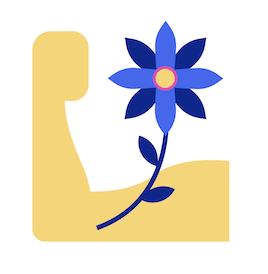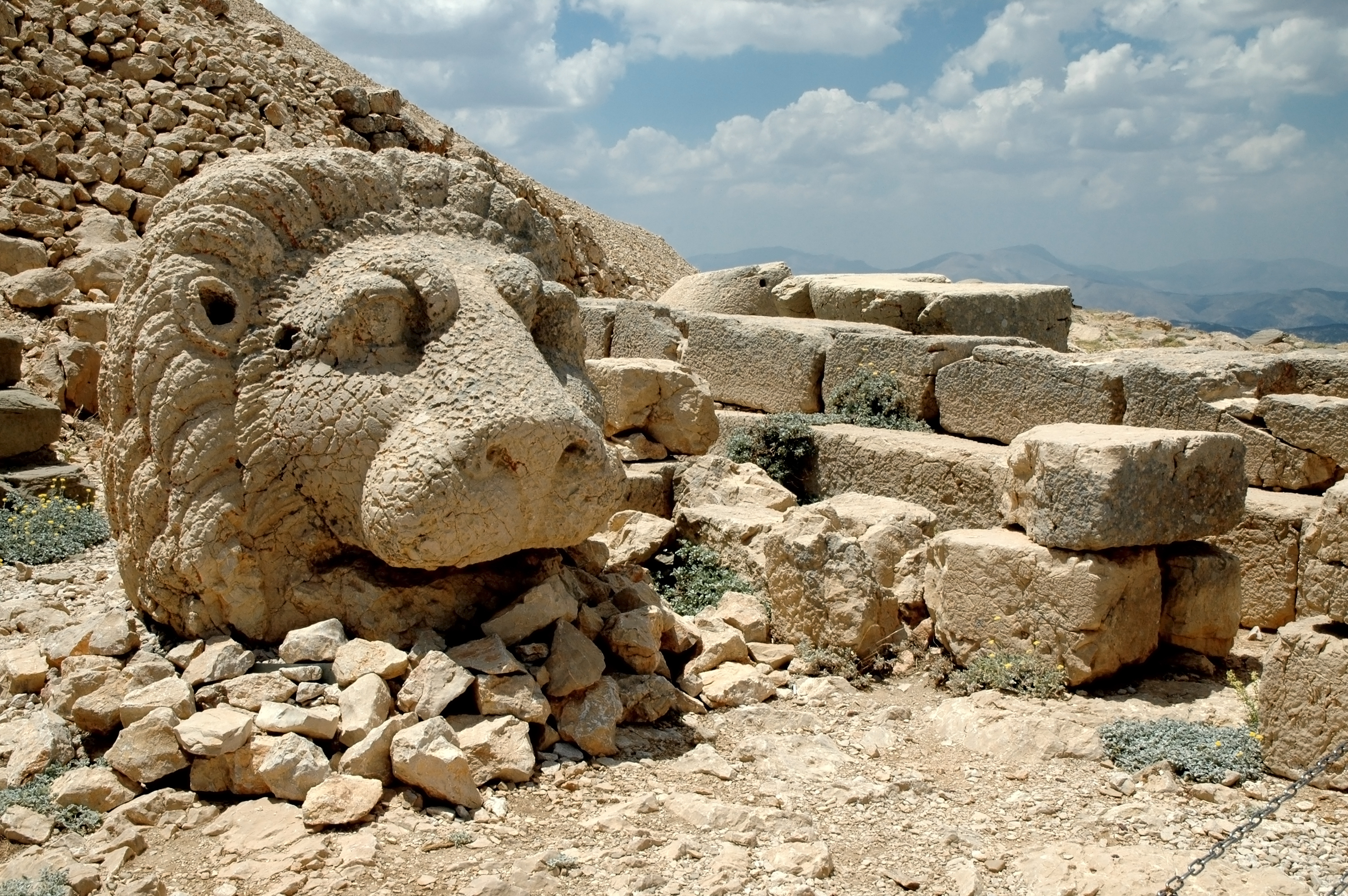The Proverbs 31 Woman - The Woman of Strength
Feb 01, 2022
Exhausted.
This is the word many women feel when reading Proverbs 31:10-31. Some women say it makes them feel empowered. Some discouraged. Some shamed. But nearly all women I have talked to about this passage (and it's been a lot!) say it makes them feel like they...
can't measure up to this woman.
Can the Proverbs 31 passage be reclaimed for twenty-first century women of faith in a way that doesn't make them feel judged or inadequate?
I think so. This is how.
Book of Proverbs - Context
In order to understand the context for Proverbs 31, it is important to also know about the book of Proverbs as a whole. The first thing to know is that the purpose of the book is to teaching young men wisdom. This is stated overtly at the beginning of the book:
"Hear, my son, your father's instruction and do not reject your mother's teaching... My son, if sinners entice you... my son, do not walk in the path of..." (Proverbs 1:8)
The fact that this book is written to instruct young men means that other audiences, and especially women readers and listeners, need to do a bit of interpretive work to translate the book's meaning into their lived experience. This is often the case for women reading the Bible.
Proverbs 31 and Lady Wisdom
Knowing more about the portrayal of women in the book of Proverbs more generally also helps us to better interpret Proverbs 31.
Much of the book's teaching centers around two women characters: Lady Wisdom (Proverbs 1-9) and Lady Folly (Proverbs 2:16; 6:24-35; 7:19-20; etc). In this post I will focus more on Lady Wisdom and will discuss Lady Folly in another post.
Wisdom is portrayed as a woman in Proverbs, and as a female character. The language that is used to describe her is also deliberately linked with the description of the Woman of Strength in Proverbs 31.
"Happy are those who find wisdom... for her income is better than silver... She is more precious than jewels, and nothing you desire can compare with her (Proverbs 3:13-14)."
Lady Wisdom is a very important figure associated with creation in Proverbs 8. She is described as existing from the beginning of time, the first-fruits of God's fashioning, before God's wonders from ancient times. Lady Wisdom is associated with eternity and ancient beginnings before the creation of the earth.
Proverbs 8 also says that Lady Wisdom was at the side of God during the creation of the world (Proverbs 8:30). The Hebrew text of Proverbs even uses language that evokes the divine name of God in Exodus 3 for Lady Wisdom ("I was" in Proverbs 8:30 just like "I am" in Exodus 3).
The Proverbs 31 woman is described similarly to Lady Wisdom as "more precious than jewels" which is a direct reference to Proverbs 3:13-14 and Lady Wisdom.
Woman of Strength - Eshet Hayil

The opening lines of the poem about the Proverbs 31 woman are sometimes translated "the capable wife." Yet this could be translated in all sorts of other ways. The word for "woman" and "wife" (eshet) are the same in Hebrew, so this could refer to a married woman or just a woman in general.
The translation "capable," in my view, diminishes the power of the woman in Proverbs 31.
The word in Hebrew (hayil) is a word for strength and its possible range of meanings include an army, power, wealth, property, bravery, and someone from an upper social class.
What if the "woman of strength" should be understood as the commander of an army like Deborah (Judges 4-5)? Or as someone who is a wealthy property owner? In fact, the character of Boaz in the book of Ruth is also called gibbor hayil, which is translated variously as "a man of standing" (NIV), "a prominent rich man" (NRSV), and "well-to-do" (NJB). The Proverbs 31 woman could also, thus, be translated as a "woman of standing," or a "prominent rich woman." The term also means "brave," so perhaps the Proverbs 31 woman should be viewed as brave like Rahab in Joshua 2.
A "woman of strength" seems to convey a wider range of possible transitions and meanings.
Empowering or Disempowering?
I want to acknowledge that there are reasons why women might view this text as disempowering (even though I am making a case to view it as empowering for women of faith).
First, this passage reflects the values of a patriarchal culture. The idea that a woman is "more valuable than jewels" probably should bother us in our contemporary culture because it conveys the idea that women are valuable for their appearance only or that they are possessions.
Second, this portrayal of a woman is very traditional - she is married and a mother who does traditional women's household work. This might be difficult to relate to for those of us who are not married, not mothers, or who work outside of the home. Most of us probably fit into at least one of these categories.
Third, this woman embodies the attributes of several women at once and not just one. This might suggest the idea of a man having multiple wives, which is a plot theme that does appear frequently in the Bible. This simply is not a realistic idea of a list of things a single person can accomplish.
However, it also presents a very empowering image at the same time.
Especially if we consider the ancient Near Eastern backdrop of the Hebrew Bible/Old Testament. This woman also works outside the home as a merchant trader and as a real estate agent. She is physically strong. She works hard and she is a teacher of the faith, and not only of other women or children.
Modeling Womanhood after Ancient Cultural Norms

It seems to me that one of the biggest interpretational mistakes I see with Proverbs 31 (and with the Bible more generally) is trying to suggest that the social and cultural norms of the ancient Mediterranean world are somehow the standard for 21st century women and men.
Does the fact that the Proverbs 31 woman sews mean that all women of faith should take up knitting and crochet in order to fulfill their godly purpose in life? This idea seems to miss the point of the passage entirely.
And yet, that is sometimes how it is interpreted.
Some interpreters conclude that this passage proscribes women's work as household work and child rearing only. I find this interpretation humorous because the passage itself depicts the Proverbs 31 woman doing work outside the home, such as trading and real estate.
It seems possible that some men interpret the passage this way because it was how they were raised, and perhaps it is convenient for them to tell women that this is how to understand Proverbs 31. Who wouldn't want someone who makes home cooked meals and watches their children for them?
It is a mistake to read passages in the Bible and to extract their ancient cultural norms as marks of godliness.
An absurd example would be to claim that that all men should take up hunting or playing the harp because King David did these things.
The Proverbs 31 Person
What if instead of extracting proscribed gender norms and ancient cultural systems from this passage, we read it again and attempted to write our own updated modern version of the passage? Try it with friends or in a study with your faith community! Also try some other ways of reading the text like: The Proverbs 31 man or the Proverbs 31 person.
In my view, this passage should be understood as the attributes of godliness rather than of womanhood.
What if we read this passage as the Proverbs 31 person? How would the text feel to us then? It might make us feel less exhausted.
Melissa Ramos, author

